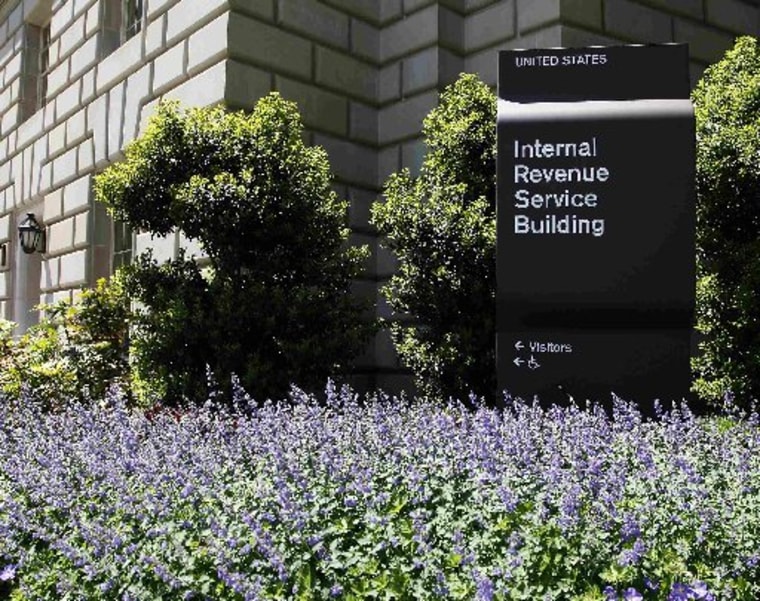Besides their single-minded focus on destroying President Obama, here's another reason the Republican Party won't let go of the IRS controversy: It gives them a chance to call for extreme measures like abolishing the IRS altogether. That's what Sen. Ted Cruz is doing today. Perhaps a more measured reaction, if you could call it that, is coming from more mainstream Republicans who see the IRS kerfuffle as chance to drastically revamp American tax laws. That's the goal of Rep. Dave Camp, the chairman of the Ways and Means Committee. Rep. Camp is holding a hearing today where he will try to use the IRS story as a chance to build momentum for tax reform, which he hopes to get done by year's end.
The Shoot First Party? The Washington Post's Dana Milbank says the GOP strategy on the IRS scandal is to accuse first and ask questions later. Republicans are accusing the White House of all kinds of things without the slightest shred of evidence.
New Jersey governor Chris Christie is in a political bind over how to replace the late Sen. Frank Lautenberg. Christie could name a Republican to fill the seat of the five-term Democrat, which would endear him to his GOP base while potentially alienating Democrats in deep blue New Jersey. Or he could reach across the aisle and burnish his bipartisan bona fides by naming a Democrat to take Lautenberg's seat. And then there's the question of the special election to fill the remainder of Lautenberg's term, which is up in 2014. New Jersey law says when a vacancy opens more than 70 days before the general election, the special election should happen during the next general election -- in this case in November. But the law is murky -- another statute says that since the vacancy opened within 70 days of the primary, the special election should be held at the second succeeding election, which would put it in November 2014. Gov. Christie has some latitude here and could try to avoid holding the special on the same day he's up for re-election because it may drive Democrats to the polls.
Three in one: Pres. Obama is hoping to circumvent Republican filibuster efforts by simultaneously nominating three judges to the key U.S. Court of Appeals for the D.C. circuit today.
